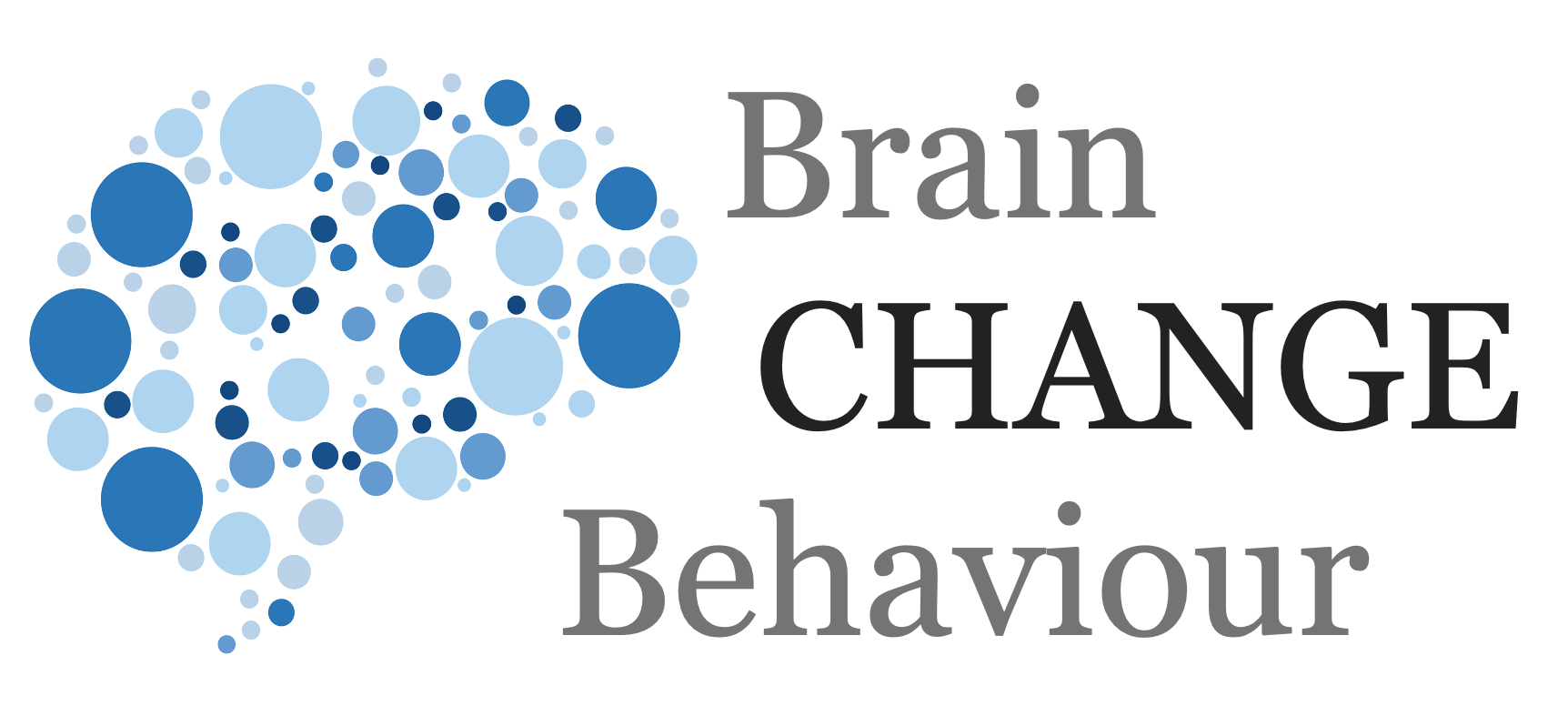Quick Hits
Brief research updates from the cognitive sciences

When we think of innovation we think of creating something new. A new study shows that, however, we, by default, try to add something whereby subtracting something could make something better.
“Additive ideas come to mind quickly and easily, but subtractive ideas require more cognitive effort,”
Two things seem to happen, first those trying to improve solutions or solve problems come up with both additive and subtractive ideas but tend to discard subtractive ideas. Second is that subtractive ideas are ignored completely.
It seem there is a cognitive bias towards additive ideas because they come easier than subtractive ideas which are more effortful — something we know in writing. It is often harder to write short articles than longer articles. The researchers also note that this can become a self-reinforcing strategy.
One of the researchers Leidy Klotz has just published a book on the topic “Subtract: The Untapped Science of Less”.
So when it comes to innovation a question to ask is always: can we take something away?
© leading brains 2022
Reference
Adams, G.S., Converse, B.A., Hales, A.H. et al.
People systematically overlook subtractive changes.
Nature 592, 258–261 (2021).
https://doi.org/10.1038/s41586-021-03380-y
More Quick Hits
Changing Your Personality — Even If You Don’t Want To!
Are you telling me that our personality can change even if we have no motivation to do so?
In a nutshell, yes. But it depends on which personality trait!
Exercise is Infectious
This is an older study (2017) I came across and found fascinating. As many of you regular readers will know I have reported many times on the benefits of exercise.
Brain Region for Changing Behaviour Identified
The saying goes “Insanity is doing the same thing over and over again and expecting different results.” This obviously refers to doing the same thing over and over and continually getting a bad result
From Couch to Ultra Marathon with Mental Imagery
On first glance I thought the above headline was fascinating. I am a sports person, look into the neuroscience of motivation, and have been in the “motivational” space for nigh on two decades.




